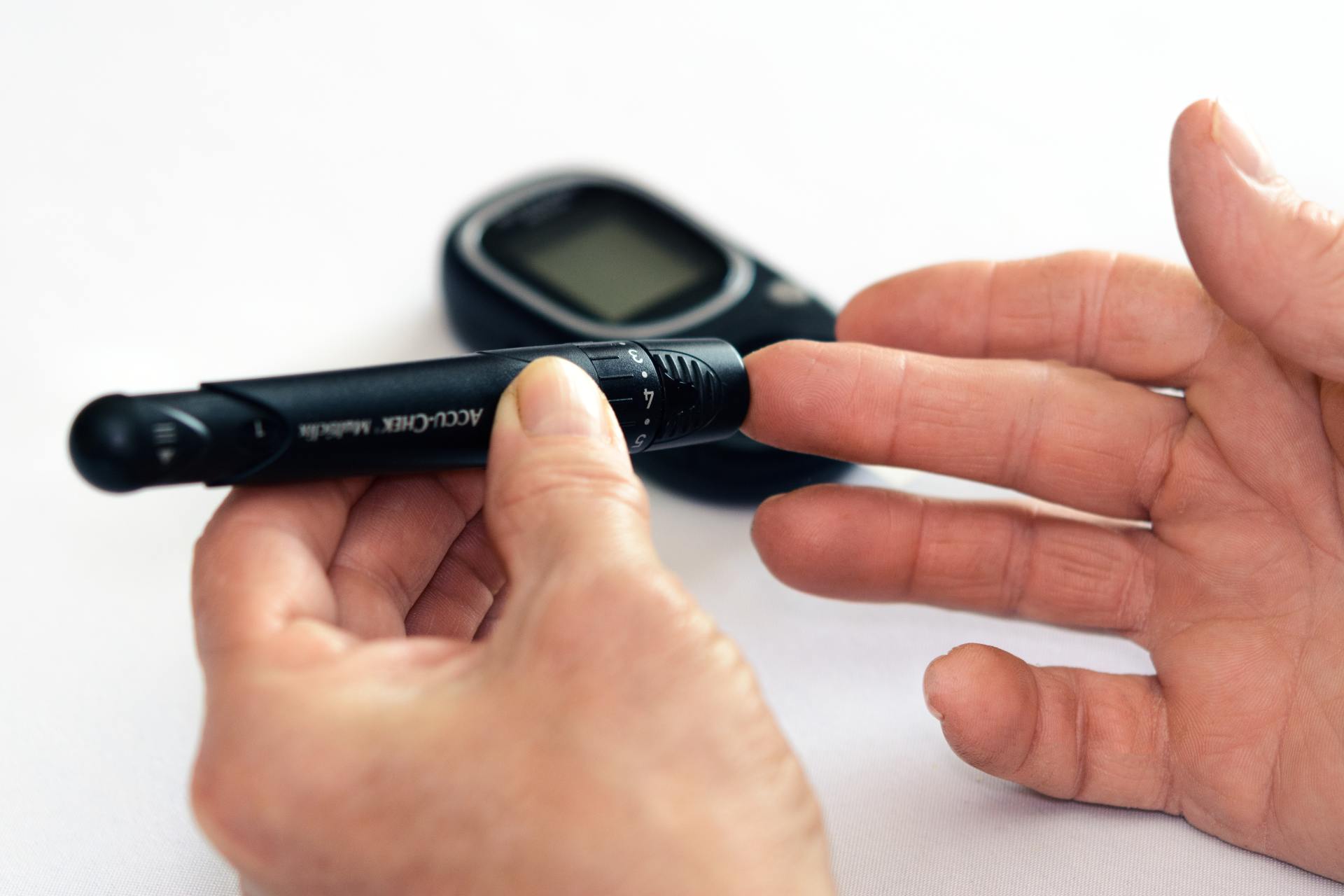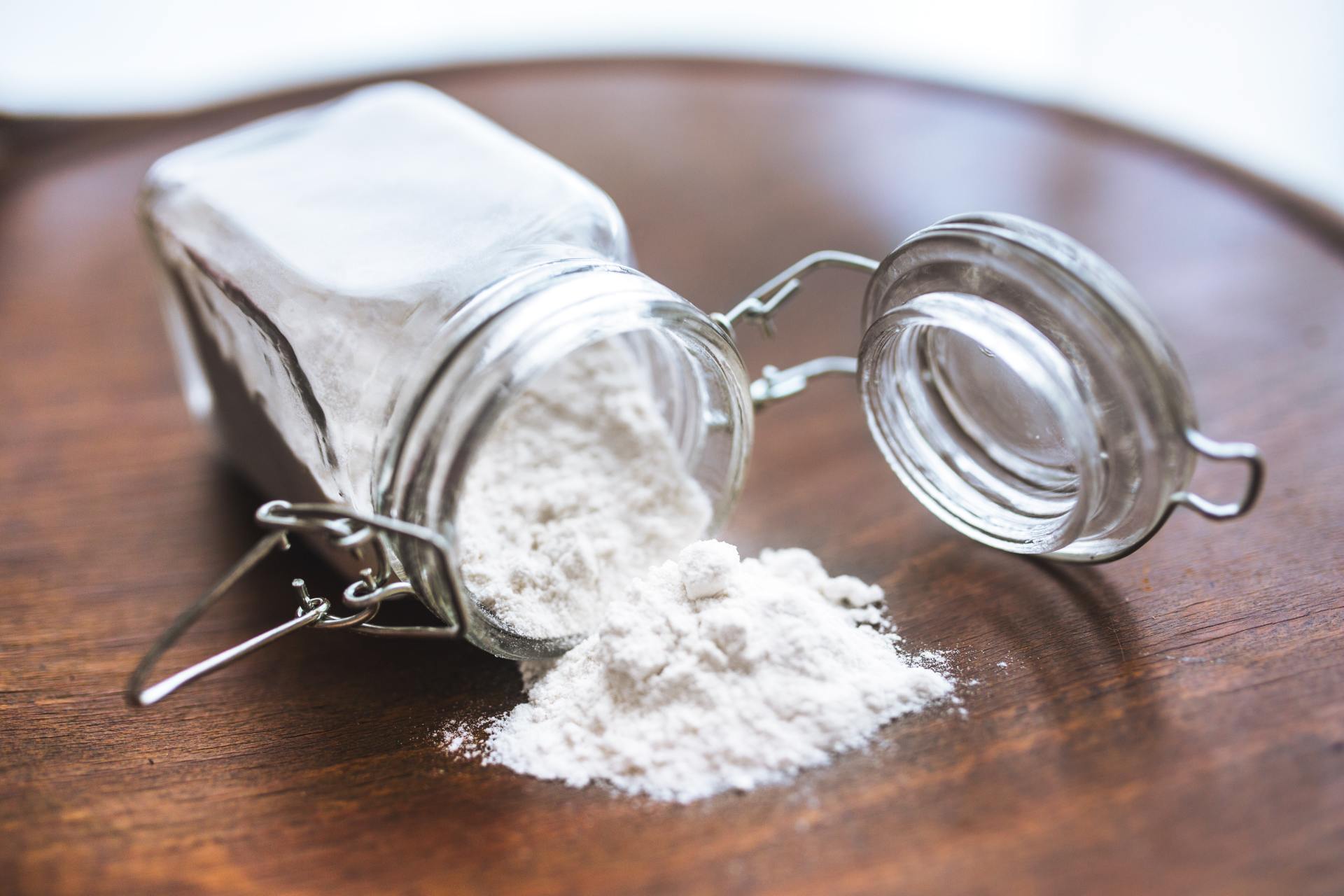The Power of B12
- By Healthy Living Liberty Lake
- •
- 20 Sep, 2017
- •

One of the more common complaints we hear about as people get older are what’s known as “senior moments.” You know the feeling – you walk into a room and can’t remember why you’re there, you see someone you’ve known for years and can’t remember their name, you can’t think of the word you want to say. There are many reasons for a memory not being as sharp as it was when we were younger, including menopause in women and lower testosterone in men, insomnia, nutritional deficiencies, and years of accumulated toxins and heavy metals from our diet and the air we breathe, and of course, dementia. But a very common reason that is often overlooked is inadequate vitamin B12. Vitamin B12 is critical for many reasons, chief among them being energy production and brain function. Even when B12 blood levels are in the normal range, you can still be low as far as brain function is concerned, leading to cognitive impairment.
Symptoms of low B12 levels include fatigue, neuropathy (nerve pain), difficulty with balance, lightheadedness, depression, memory loss, bursitis in the shoulders, behavioral changes, and constipation. These symptoms can be caused by many other things, of course, but always consider B12. Your doctor should also be checking a complete thyroid function – TSH, free T3, and free T4 – as our thyroid does not function as well as we age and this profoundly affects memory and energy levels as well. But a B12 level will also be checked, the problem being that even if it’s read as “normal,” it can still be a B12 deficiency.
Other causes of low B12 include a vegetarian diet, alcohol use, and multiple medications, including drugs for heartburn, and metformin for diabetes.
A recent study looked at 100 men and women with mild cognitive impairment, between the ages of 50-80 years old. All of them had B12 levels in the normal range, but there was a big difference. Half of them had levels in the lower range of normal, and half in the upper range of normal. Then the researchers did testing for cognitive function and performed MRIs of the brains, paying particular attention to the area called the hippocampus. The hippocampus is the area of the brain that controls short-term memory, and is the first area hit by Alzheimer’s.
What they found was astounding. The patients with B12 levels in the lower end of the range “showed a significantly poorer learning ability and recognition performance than did patients with high-normal vitamin B12 levels. Also, the microstructure integrity of the hippocampus was lower in patients with low-normal vitamin B12.” This is strong evidence that the higher the B12 levels the better the cognitive function.
I do a lot of brain health in my practice, and pay particular attention to B12 and other causes of cognitive impairment. I also perform a test called QEEG, or quantitative EEG in the office, which is the most accurate measurement of brain functioning in every lobe of the brain. It measures brain speeds and can give us an indication of actual early dementia, versus a brain that is slowing with age, and what we can do to improve the functioning. I remember one case, a 72 year old man, whose family doctor diagnosed him with dementia and there was nothing that could be done. He wanted another opinion, understandably so, and we performed the QEEG, which showed profound slowing and was quite concerning. After all his blood tests came back, I saw that he had the lowest B12 level I’ve ever seen! I started him on, at first daily, then weekly B12 shots, and within eight weeks he was back to normal cognition. A repeat QEEG showed the speed normalized completely – he certainly did not have dementia!
The best form of B12 is methylated, or methylcobalamin. This form is more bioavailable and crosses into the brain more readily. We purchase it from a pharmacy in Florida, as most local pharmacies don’t keep it in stock, and instead have the cheaper, inferior cyanocobalamin. Don’t use this form. Have your doctor give you an injection of 2 mg of methylcobalamin once a week for eight weeks, as it will take two months to see results. Why an injection? As people age, they are not able to absorb B12 orally as well. So, it’s best absorbed as an injection. If you improve, you can then try switching to sublingual B12 drops, given under the tongue – this is absorbed better than taking it as a capsule.
I would try this regimen even if your blood levels of B12 are normal. It can’t hurt, might help, is cheap, and easy to try. Many insurances are not paying for B12 anymore, and we sell them in packages of 3 for a reasonable price. And remember, if your doctor has told you that you or your loved one has dementia, and a thorough work-up has not been done to look at reversible causes, it’s time to get another opinion.
By Dr. Susan Ashley, M.D.

By Dr. Susan Ashley, MD

By Dr. Susan Ashley, MD

Opiates taken long term also leads to a reduced pain threshold, meaning a person on them will feel pain at a much earlier level than someone else.
There's a lot of interest now in using cannabis to reduce chronic pain, and studies have shown they can be quite effective for neuropathy, migraines, spasticity and joint pain.
However, it doesn't always work, and now a new study shows why.
Then at the end of the 4 years, the people who used cannabis for pain had greater pain severity scores They also found that the meds and other remedies taken for pain were less likely to be effective. In addition, they had greater generalized anxiety disorder severity scores. The bottom line-- the cannabis users were not able to decrease the use of narcotics. Why?
Because of the well known fact that chronic narcotic use decreases pain threshold. In fact in some people the threshold becomes so low that even minor pains can seem intolerable. In essence, the narcotics cancel the pain relieving effects of the cannabis.
Chronic opiates should be avoided as much as possible in chronic pain. Tolerance develops quickly, addiction can occur, and pain threshold is lowered. If you have chronic pain, use other modalities first to try to alleviate the pain. This includes cannabis, acupuncture, anti-inflammatory drugs, weight loss, energy medicine, and stem cells. We have used IV stem cells for reduction of neuropathy pain with good effects.
By Dr. Susan Ashley, MD

Not only that, but those who walked at a fast pace reduced their risk of death even further, by 24 percent.
All it took was putting one foot in front of the other a little more quickly!
And when the researchers zeroed in on cardiovascular disease deaths among participants over age 60, the results were even more striking.
Compared to the slowest walkers, average-paced walkers slashed their risk of dying from cardiovascular disease by 46 percent -- and the fast-paced walkers slashed it by a whopping 53 percent.
Now, the study didn't determine exactly how walking at a faster pace can add years to your life. And how fast do you have to walk just to hit the "average" mark? How brisk is brisk?
In the study, a "fast" pace was defined as one that makes you slightly out of breath or sweaty when sustained. That could vary depending on how much you weigh, how much sleep you got, how much you ate earlier in the day, etc. So there was no exact speed such as 3 mph or 4 mph.
By Dr. Susan Ashley, MD

By Dr. Susan Ashley, MD

Side effects of triclosan include:
- About 1/2 cup coconut oil
- 2-3 Tablespoons of baking soda
- 2 small packets of stevia powder
- 15-20 drops of peppermint or cinnamon essential oil
- 10 drops myrrh extract (optional)
Natural Toothpaste Instructions
- Melt or slightly soften coconut oil.
- Mix in other ingredients and stir well. If using semi-hard coconut oil, use a fork, if not, use a spoon. If you are using completely melted coconut oil, you will need to stir several times while the mixture cools to keep the baking soda incorporated.
- Put mixture into small glass jar (I make different ones for each family member)
- Let cool completely.
- To use: dip toothbrush in and scrape small amount onto bristles. Could also use a small spoon to put on toothbrush.
By Dr. Susan Ashley, MD

By Dr. Susan Ashley, MD

By Dr. Susan Ashley, MD

By Dr. Susan Ashley, MD

By Dr. Susan Ashley, MD
